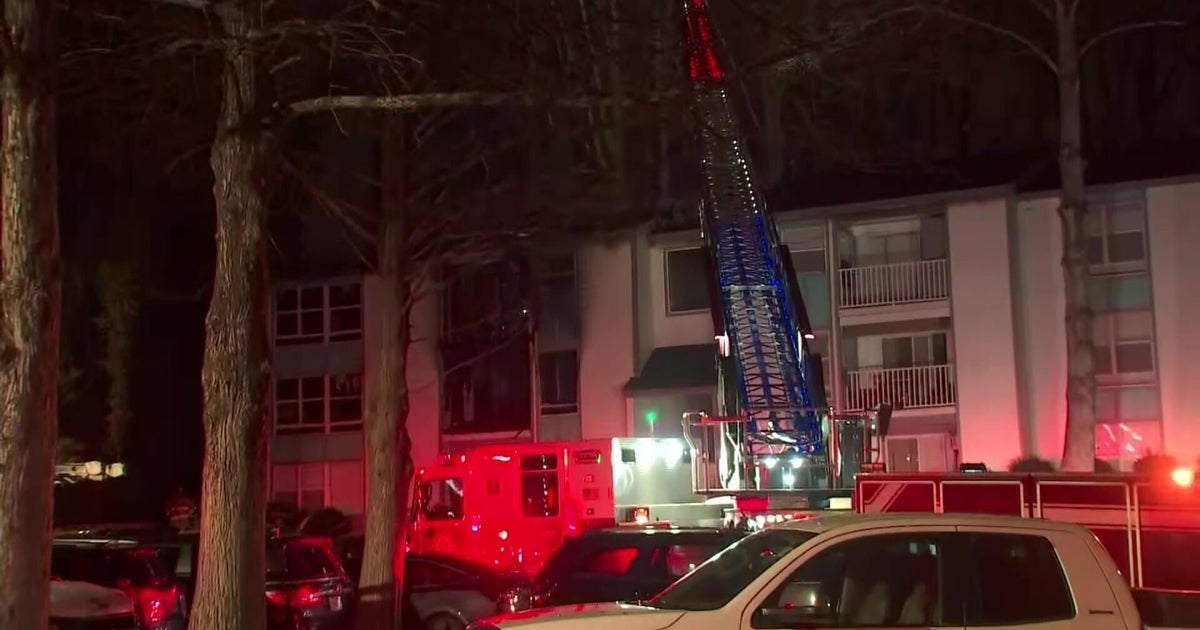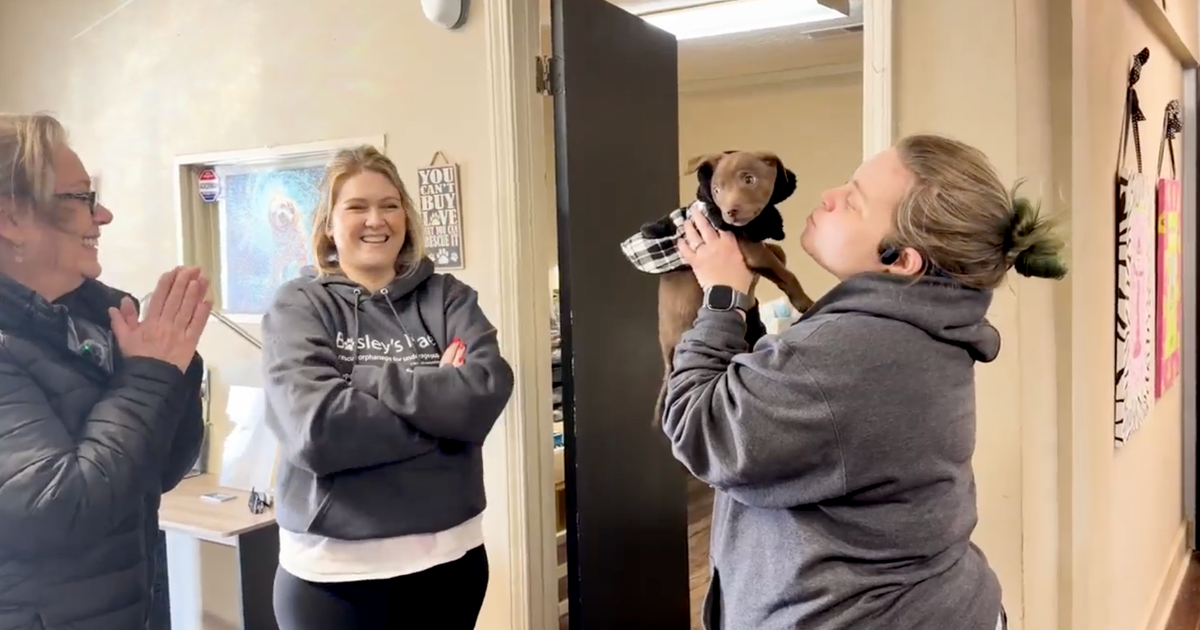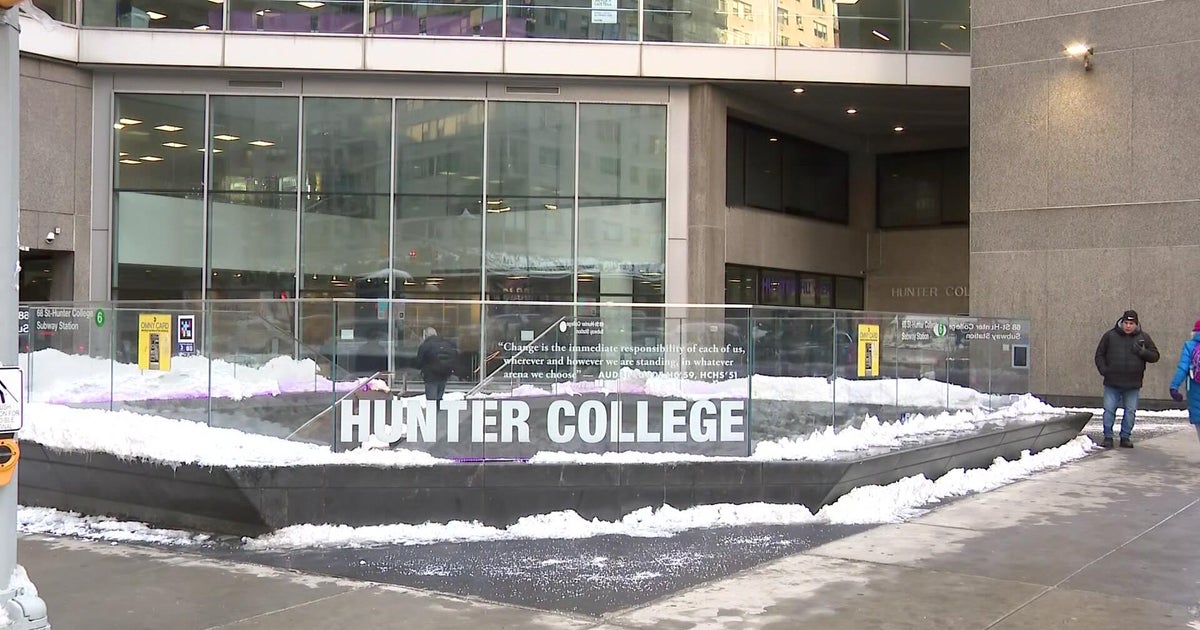Southeastern Pennsylvania Hot Spot For Rare Bacteria Life-Threatening For Newborns
NORTH WALES, Pa. (CBS) -- A scary case of infant botulism in Montgomery County. It's rare, but southeastern Pennsylvania is a hot spot for soil being contaminated with the deadly bacteria.
Botulism is a paralyzing toxin that we usually hear about associated with botox to ease wrinkles, but when it infects newborn babies, it's a life-threatening emergency.
She's pretty in pink and peaceful now home in North Wales, but when Kiera Craney was just 2 weeks old, she was rushed to the hospital.
"So, she was lethargic," Allison Sutliff, Kiera's mom, said. "She wasn't feeding. She had a weak cry."
The diagnosis was shocking. The baby had botulism, a toxin that first attacks the intestines then can cause paralysis.
"We don't know what's going on," Mark Craney, Kiera's dad, said. "It was scary, and it was very unnerving."
Infant botulism can come from honey or soil contaminated with the bacteria.
Kiera wasn't exposed to either, so the source of her infection is a mystery, but botulism is prevalent mostly in California and southeastern Pennsylvania.
"For us, in this region, unfortunately, it is one of the hot spots for botulism in the country," Dr. Kathryn Ziegler with Jefferson Health Abington said.
Ziegler was on the Jefferson Health team at Abington Hospital that saved Kiera's life.
"This baby was close to dying from botulism," she said. "Within a half an hour of being in our NICU, she stopped breathing."
The only treatment for botulism is an anti-toxin called BabyBIG, and it's only available in California.
Ziegler said the treatment did not take long to arrive. It was overnighted and arrived just in time.
"I was terrified," Allison said.
It was five days of terror for Kiera's parents, who are relieved the family is reunited.
"It's awesome," Mark said. "We're glad to be a family."
They're tears of relief and happiness, and baby Kiera isn't expected to have any complications.
"She's perfect. Beyond perfect," Allison said.
Kiera is doing so well because she was treated early. Doctors say that's critical for surviving botulism.
There are only about 125 cases a year in the U.S. and just a couple dozen of them here in Pennsylvania.







